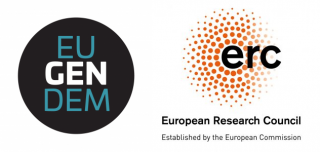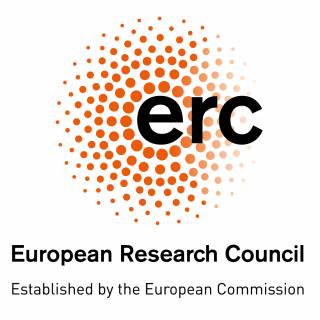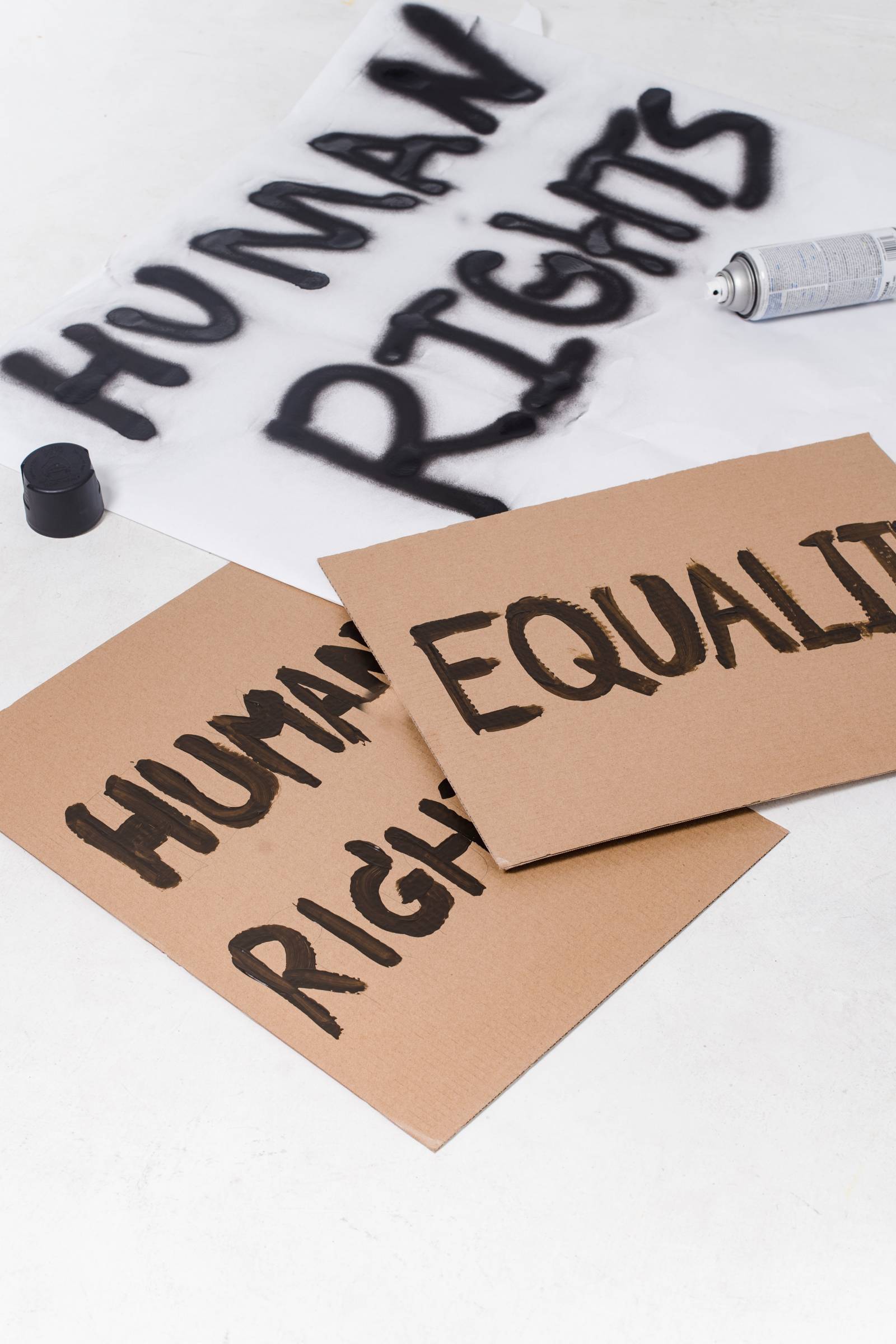We would like to invite warmly all PhD students interested in the topic to register for the one-day doctoral course. The class will consist of an open lecture in the morning and a seminar for students in the afternoon.
***
Contestations of gender equality in contemporary Europe: Anti-equality politics and East-West tensions
6 September 2022, 10.15AM – 16.00PM (EEST)
This one day intensive PhD course focuses on contemporary contestations around gender equality in Europe. Whilst being a core value and norm of many European countries and the European Union, gender equality has become hotly contested as evidenced in national and transnational anti-gender backlash in sexual and reproductive rights debates, the Istanbul Convention, and in political homophobia in countries like Poland.
The course is open to all PhD students interested in gender and politics and contemporary challenges towards gender equality in Europe. The two lectures provide insights to East-West tensions on the topic in particular. Dr Izabela Desperak provides theoretical background to the topic and discusses the Polish case with its strict anti-abortion policy and ‘LGBT free zones’, as well as the role of one of crucial local and transnational actors, Ordo Iuris. Dr Barbara Gaweda and Prof Johanna Kantola discuss the political dynamics created by anti-gender politics within the European Parliament.
PhD students are welcome to present a paper based on their own research in the seminar (4 ECTS). Each lecture involves an accompanying text to be read in advance and discussed in the workshop. Deadline for paper submission is 29 August. Non-paper participation is possible too (2 ECTS).
To register for the course, please email Barbara Gaweda (barbara.gaweda@tuni.fi).
Program:
10.15-12.30 Lectures and a discussion of the readings
Dr Izabela Desperak (University of Łódź, Poland): From Poland with love… Anti-abortion and anti-LGBT+ movement and policies in CEE countries
Dr Barbara Gaweda and Professor Johanna Kantola (Tampere University, Finland): Political dynamics in the European Parliament around precarity of gender equality
14.00-16.00 PhD student presentations and discussion
***
ABSTRACTS:
1) Dr Izabela Desperak (Chair of Sociology of Politics and Morality, Institute of Sociology, University of Łódź, Poland): From Poland with love… Anti-abortion and anti-LGBT+ movement and policies in CEE countries
Gender and sexuality seem to be one of the most important dimensions of social change in second part of 20thcentury, and, consequently, in the process of transition in CEE countries. Since early study of Barbara Einhorn (Cinderella Goes to Market, 1993) gender dimension of transition underwent thorough research on both local and transnational level. On the one hand, transforming countries od region implemented certain policies concerning gender equality, especially when meeting the European Union standards was needed. On the other hand, this European policy trend met strong counterreaction, from far-right and anti-gender movement. The latter, now better known thanks to several analyses (with Anti-Gender Campaigns in Europe: Mobilizing against Equality, Kuhar and Paternotte, 2017, at the top), seems to be in fact strong pan—European movement opposing gender equality policy, reproductive rights, sex education, Istanbul convention on LGBT+ rights – issues undervalued at first studies of transition process, but during decades becoming more and more significant marks of gender and sexuality dimension of the change.
The paper will focus on comparative analysis of data gathered by various EEU countries and various theoretical approaches, including anti-gender movement, far-right /alt-right increasing role, backlash, theocratisation, de-democratisation and political de/reconstruction (Russia as key payer hypothesis). Polish case with its strict anti-abortion policy and no-LGBT zones will be discussed, as well as the role of one of crucial local and transnational actors, Ordo Iuris. Ordo Iuris was a key actor of introduction of next restrictions in abortion law, passed in 2020 (after 27 years of near-ban implemented in 1993), that led to massive anti-governmental protests all over the country, the biggest since the Solidarity movement of 1980-es and following the Black Protests of 2016/17.
2) Dr Barbara Gaweda and Professor Johanna Kantola (Gender Studies, Tampere University, Finland): Political dynamics in the European Parliament around precarity of gender equality
European integration is challenged on numerous grounds today with democracy and fundamental values at the center of the debates. This talk analyses the role of the European Parliament’s political groups in shaping human rights as a core democratic value and the ways in which religion and gender equality are utilized. We present findings drawing on analysing two datasets: parliament’s plenary debates and 130 MEP and staff interviews in the 8th and 9th legislatures. We discern three clusters in the ways in which the political groups frame human rights and gender equality: (i) ‘the defenders’, (ii) ‘the reframers’, and those (iii) ‘sitting on the fence’. Our analysis illustrates that core EU values such as human rights and equality are defended, challenged, and reframed by the political groups to an extent that they constitute key lines of division not only in between but also within the political groups. What is more, we discuss the growing tension between the ‘othering’ of anti-equality and anti-democracy concerns onto third countries strategically and geographically framing them as an external issue, while the attack on women’s and LGBTQI rights often originates from within the EU today. We explore the dichotomous ‘us’ versus ‘them’ – a geopolitical division into gender equality-friendly and homophobic/anti-gender countries. Our discussion sheds light on how the ‘old’ (Western) member states or the ‘defender’ political groups are cast as ‘knowledgeable teachers of democracy, liberalism, and tolerance’ (Kahlina 2015, 74), with ‘new’ (Eastern) member states and other political groups rendered as permanently in transition needing to ‘catch up’ to the Western model.



